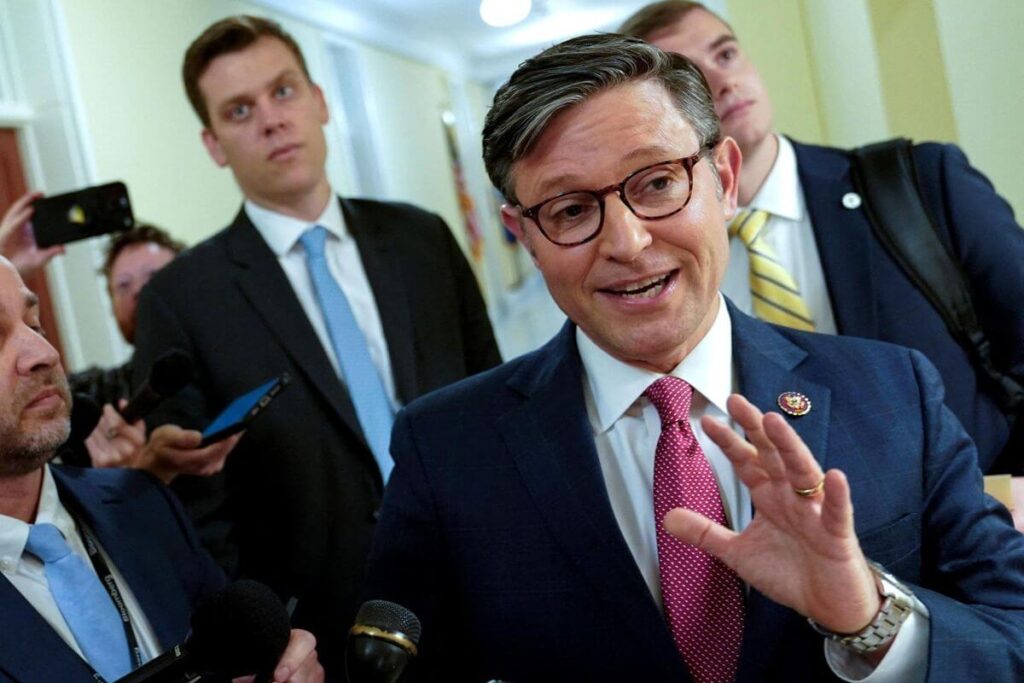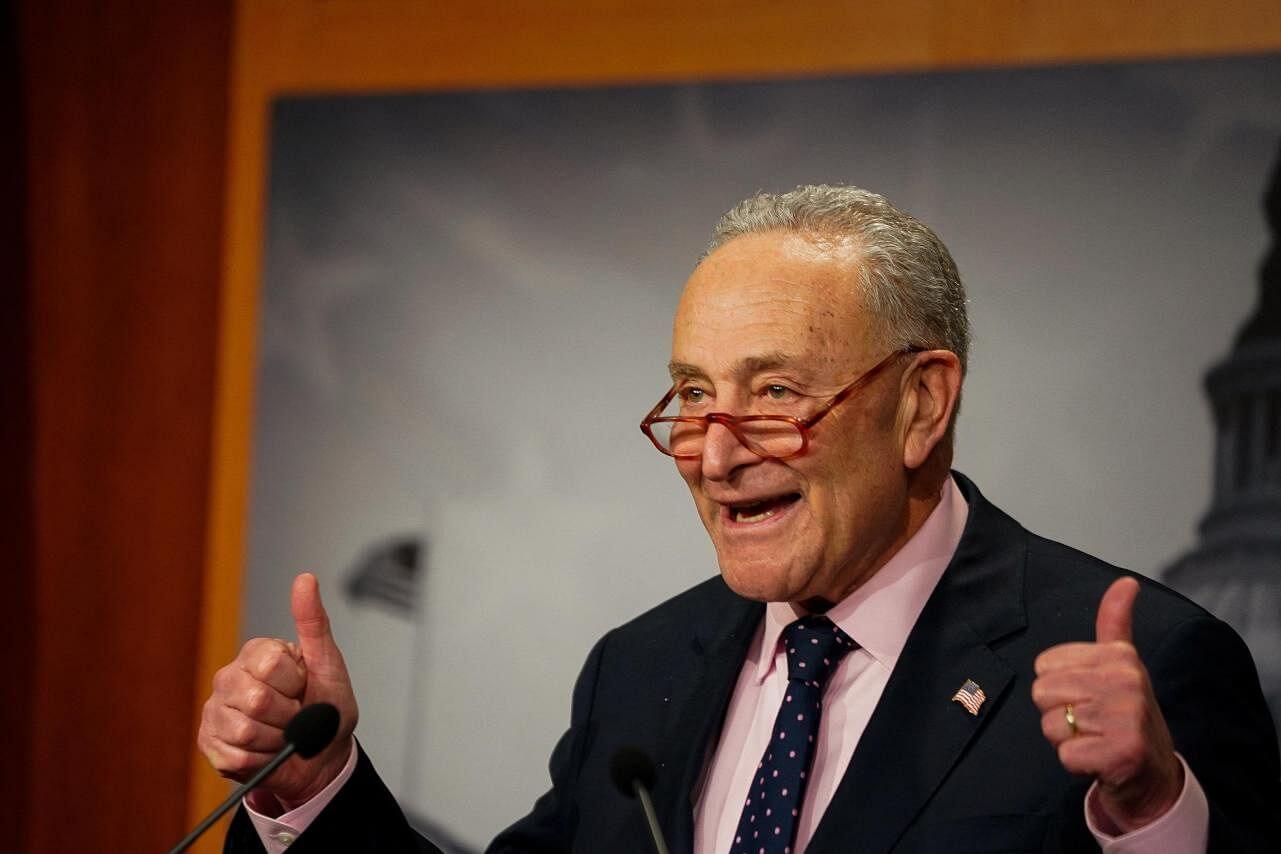In a decisive move, the US Senate has overwhelmingly voted in favor of a temporary funding measure, effectively preventing a government shutdown and deferring a partisan clash over federal spending until the new year. However, the funding package conspicuously leaves out emergency aid to allies Ukraine and Israel. The 87-11 vote, which followed the House’s approval, now awaits President Joe Biden’s expected signature before the shutdown deadline late Friday night.
The outcome provides a temporary respite from the ongoing ideological struggle over spending that has already brought the US perilously close to a debt default this year. This issue has led Fitch Ratings to downgrade the nation’s sovereign credit rating and played a role in the removal of former House Speaker Kevin McCarthy.
Senate Majority Leader Chuck Schumer expressed relief, stating, “The government is staying open.” He commended Minority Leader Mitch McConnell and other Republicans for their role in avoiding a shutdown and highlighted that assistance for Israel and Ukraine would be the next legislative priority after Thanksgiving.

The temporary funding bill, effective until Jan. 19 for some parts of the government and Feb. 2 for others, allows both parties to regroup during the Thanksgiving holiday. However, it increases the risk of a partial government shutdown in January, as certain agencies wouldn’t face immediate funding consequences until February.
The aid packages for Israel and Ukraine, originally slated for this funding measure, are now expected to be addressed separately. Mike Johnson, the new House speaker, faces criticism from hardline conservatives for not meeting demands for immediate spending cuts or changes to immigration policies. The debate intensifies as negotiations on border security and broader spending deals continue.
Despite the challenges, Schumer reassured that Democrats are willing to negotiate on border security in the coming weeks, emphasizing the need for a compromise where both parties contribute. However, Senate Republican leader Mitch McConnell voiced concerns that Democrats might not be ready for the necessary policy changes to address migrant inflows into the country.
This development underscores the complexity of bipartisan negotiations in the face of looming budgetary and geopolitical concerns.









